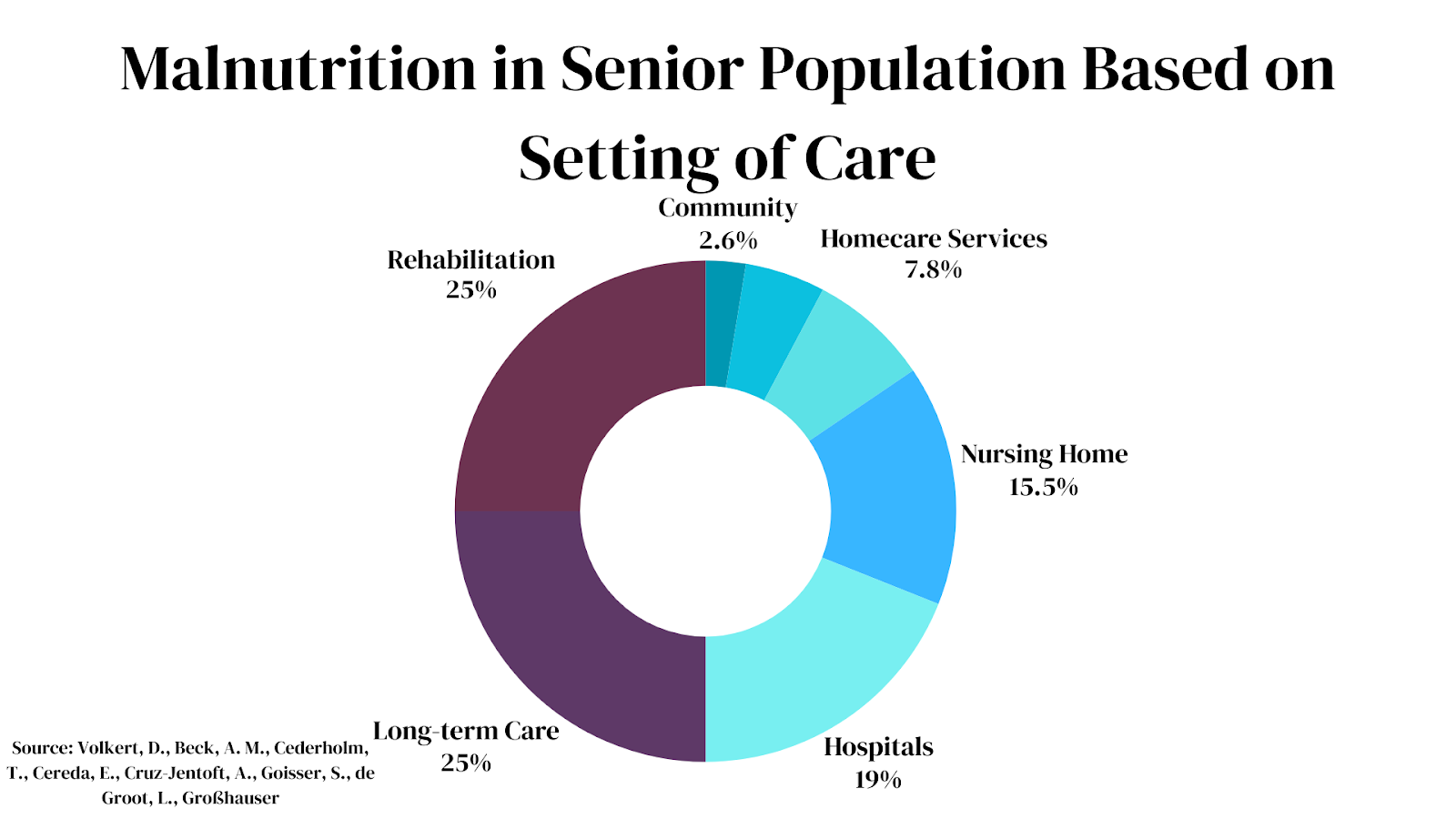Constipation is a common issue for seniors. Estimates indicate that up to 40% of older adults experience symptoms of constipation. Some also experience symptoms of irregular bowel movements. Occasional constipation is usually not a concern.
Yet, chronic or persistent constipation significantly impacts seniors’ quality of life and health. The good news is that constipation can often be effectively managed. And it can be done without extensive medical intervention.
These require lifestyle modifications and specific dietary strategies. Thus, this article will delve into the lifestyle and dietary changes seniors can make. That way, they can live healthily with a better quality of life.
Improving Fiber Intake
What we eat plays a major role in maintaining regular bowel function. Most health organizations recommend seniors consume 25-35 grams of fiber per day. It is an important first-line strategy for preventing and managing constipation.
High-fiber foods such as the following act as natural laxatives:
- Vegetables
- Fruits
- Whole grains
- Legumes
- Nuts
- Seeds
These foods add bulk to stool, promoting movement through the intestines. Prunes, in particular, have well-established benefits. Studies show that consuming 50 grams (about 10 prunes) per day significantly improves stool frequency. It also enhances consistency in constipated seniors.
Staying Hydrated
Alongside fiber, hydration is essential for maintaining regular bowel function. With age, our sense of thirst declines even as our bodies’ fluid needs remain high. Dehydration quickly leads to harder, drier stools that our bodies struggle to eliminate. Adequate intake is key when it comes to senior care. Seniors should consume at least 64 ounces or 8 cups of water daily. Other hydrating fluids like herbal teas, broths, and diluted juices, can provide variety and added nutrients.
Incorporating Physical Activity
Regular physical activity stimulates peristalsis. It is the wave-like contractions of our intestines that keep digestion on track. As little as 30 minutes per day of moderate exercise raises the heart rate:
- Brisk walking
- Cycling
- Water aerobics
They can help maintain or restore healthy bowel function.
Studies suggest that 150 minutes per week may be necessary to experience meaningful improvements. This is recommended for seniors struggling with chronic constipation or irregularity. Yet, beginning with small, enjoyable activities can enhance consistency. Even light exercises like tai chi or leisurely gardening stimulate muscles and circulation. These, too, are involved in healthy digestion.
Establishing a Routine
Our bodies love routine, especially when it comes to bowel movements. Seniors should aim to establish and maintain regular mealtimes. They should also make concerted efforts to use the bathroom at consistent times each day. For example, they should go to the bathroom first thing in the morning or about 30 minutes after a meal.
This associates eating and the natural gastrocolic reflex with the urge to empty the bowels. Routine toilet visits at the same time daily train the body and mind to eliminate waste. Progress may be gradual. But allowing 10-15 minutes to relax and focus without distractions can help establish regularity.
Managing Stress Levels
For some seniors, it can be different. Simply adjusting diet, hydration, and routine is insufficient to resolve chronic constipation. This is where understanding lifestyle factors like stress levels comes in. While occasional, short-lived stress is a normal part of life, But unchecked chronic stress significantly slows movement through the digestive tract.
Relaxation techniques help mitigate the “fight or flight” stress response. This is good for better bowel functioning. Seniors can practice deep belly breathing, meditation, gentle yoga, or tai chi. If overwhelming stress or anxiety persists, consult a counselor or therapist. They may provide the needed support.
Using Over-the-Counter Remedies
When dietary adjustments and lifestyle changes fail, use over-the-counter laxatives. Stool softeners may also provide relief. However, some caution is warranted. Improper use can lead to electrolyte disturbances or laxative dependency. Stimulant laxatives like senna or bisacodyl should be limited to short-term use.
Osmotic laxatives like Milk of Magnesia draw fluid into the colon for a gentler effect but can cause diarrhea if overused. Seniors should consult a pharmacist or health provider to identify the safest options. They should also get the appropriate frequency of use based on the severity of symptoms.
Considering Prescription Medications
There are seniors with chronic constipation that persists. Dietary strategies and lifestyle changes are ineffective or not enough to treat them. In such cases, prescription medications may become necessary. Lubiprostone is one example. Approved for long-term use, this medication increases intestinal fluid secretion. It softens stools and promotes regular bowel movements.
Linaclotide is another emerging option that alleviates constipation by stimulating intestinal hormone receptors. A health provider can determine if prescription medications for constipation are clinically indicated. It is based on the individual senior’s symptoms and history.
The Takeaway
Managing constipation in seniors often requires adjustments across multiple aspects. It includes lifestyle, diet, and self-care routines. Integrating the following provides a solid foundation:
- High-fiber plant-based foods
- Ample hydration
- Regular physical activity
- Stress relief
- Setting a bathroom routine
As needed, over-the-counter remedies can offer short-term relief. Meanwhile, prescription medications may become necessary for refractory cases under medical guidance.
Paying attention to the body’s signals and promptly consulting a doctor if worrying symptoms emerge is also sound protocol. Practice some diligence to identify contributing factors. If you have the willingness to experiment with lifestyle tweaks, most seniors can find relief.
Frequently Asked Questions
What causes constipation in seniors?
Common culprits include the following:
- Lack of physical activity
- Low fluid and fiber intake
- Medication side effects
- Medical conditions affecting digestion
- Inadequate toilet access
- Ignoring urges
- Chronic stress
When should I see my doctor for constipation?
If increasing fiber, fluids, and exercise for several weeks provides no relief, seek medical advice. Also, consult a professional if constipation worsens or you experience the following conditions:
- Bleeding
- Abdominal pain
- Vomiting
- Unexplained weight loss
- Impaction
These red flags may indicate a serious health issue requiring evaluation.
Are any foods off-limits if I’m constipated?
Limit dairy products if you suspect lactose intolerance, as well as high-fat, greasy foods that delay gastric emptying. Minimize processed snacks and baked goods made with white flour that lack adequate fiber content. Speak to your doctor or dietitian to identify problematic foods.




